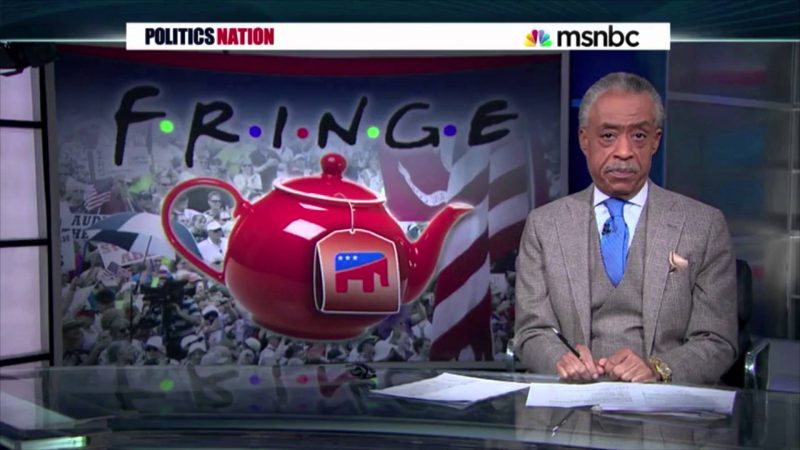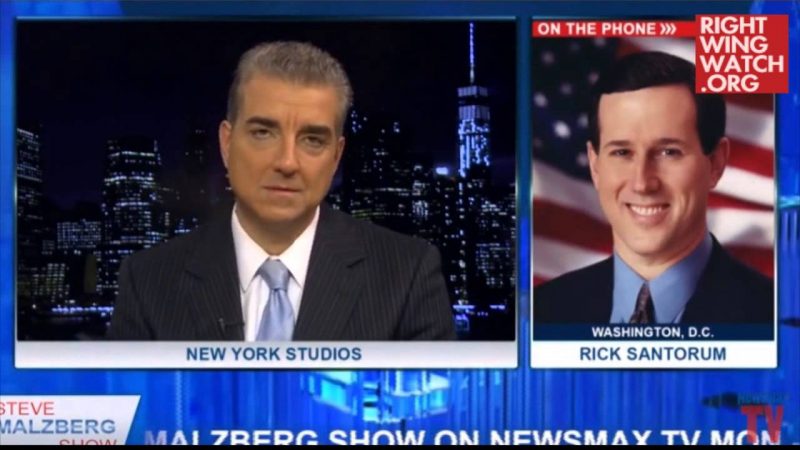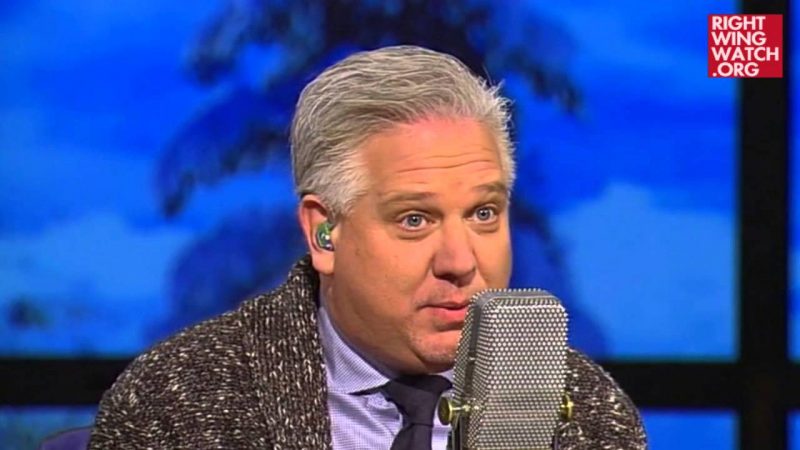It looks like the Alliance Defense Fund is moving ahead with its efforts to potentially get dozens of churches stripped of their tax-exempt status:
Declaring that clergy have a constitutional right to endorse political candidates from their pulpits, the socially conservative Alliance Defense Fund is recruiting several dozen pastors to do just that on Sept. 28, in defiance of Internal Revenue Service rules.
The effort by the Arizona-based legal consortium is designed to trigger an IRS investigation that ADF lawyers would then challenge in federal court. The ultimate goal is to persuade the U.S. Supreme Court to throw out a 54-year-old ban on political endorsements by tax-exempt houses of worship.
“For so long, there has been this cloud of intimidation over the church,” ADF attorney Erik Stanley said. “It is the job of the pastors of America to debate the proper role of church in society. It’s not for the government to mandate the role of church in society.”
…
Rather than wait for the IRS to investigate an alleged violation, the organization intends to create dozens of violations and take the U.S. government to court on First Amendment grounds.
“We’re looking for churches that are serious-minded about this, churches that understand both the risks and the benefits,” Stanley said, referring to the chance that they could lose their coveted tax-exempt status or could set a precedent.
Stanley said three dozen church leaders from more than 20 states have agreed to deliver a political sermon, naming political names.
“The sermon will be an evaluation of conditions for office in light of scripture and doctrine. They will make a specific recommendation from the pulpit about how the congregation would vote,” he said.
“They could oppose a candidate. They could oppose both candidates. They could endorse a candidate. They could focus on a federal, state or local election.”
Fortunately, the good folks at Americans United are all over this and have already released a brochure debunking ADF’s bogus line of argument:
The free speech rights of religious leaders are already broadly protected by the U.S. Constitution. Clergy can and do address public policy concerns, ranging from abortion, gay rights and gun control to poverty, civil rights and the death penalty. They may support legislation pending in Congress or the state legislatures, or call for its defeat. They may endorse or oppose ballot referenda. Indeed, discussion of public issues is a common practice in religious institutions all over America.
The only thing houses of worship may not do is endorse or oppose candidates for public office or use their resources in partisan campaigns. This restriction, which is found in federal tax law, is not limited to churches and other religious ministries. In fact, it is applied to every non-profit organization in the country that holds a tax exemption under Section 501(c)(3) of the Internal Revenue Code.
Contrary to the claims of many in the Religious Right, the IRS is not singling out houses of worship for special regulation. Thousands of educational, scientific, charitable and literary organizations hold the 501(c)(3) status, and all must abide by the legal requirement barring involvement in elections.
Why does this rule exist? The answer is obvious upon a moment’s reflection: Non-profit organizations receive tax exemption because their work is charitable, educational or religious. That tax benefit comes with conditions. One requirement is that tax-exempt organizations refrain from involvement in partisan politics. This is a reasonable rule, since tax-exempt groups are supposed to work for the public good, not spend their time and money trying to elect or defeat candidates.







